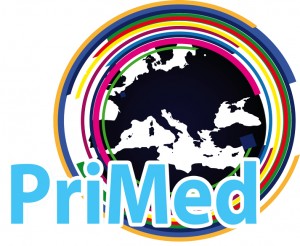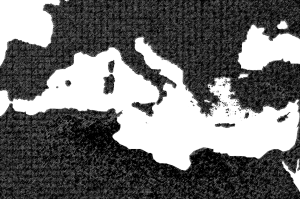LES ANNÉES DE PLOMB, UNE TRAGÉDIE ITALIENNE
53 minutes, 2016
Director: Nicolas GLIMOIS (France)
Production: Sunset Presse, with support from France Télévisions (France)
From the late 1960’s to the 1980’s, Italy was plagued with social unrest, massacres, assassinations and kidnappings. It was a time of extremism, both right-wing and left-wing, unhealthy acquaintances, gnawing suspicions of criminal complicity – possibly initiated by certain sectors of the state apparatus (police, secret services) and foreign powers.
From the explosion in Milan’s Piazza Fontana in December 1969 to the massacre at Bologna station in August 1980 and the assassination of former prime minister Aldo Moro in May 1978, violence struck Italy as nowhere else in Western Europe.
A low-intensity civil war and an open wound for Italy, which, 40 years later, is still struggling to unravel the spiders’ web of responsibility.
Nicolas GLIMOIS is an author, film director and script-writer, born in Quimper (Brittany) in 1968.
He has a degree from the Institut d’Etudes Politiques in Bordeaux, from the Ecole Supérieure de Commerce in Rheims and has a Masters in Media at the Ecole Supérieure de Commerce in Paris.
Winner of the Albert Londres award in 1999 for “Les Blanchisseuses de Magdalen”, he has made several documentaries and TV reports, including: “L’Affaire des Poisons” (2011), “L’argent sale, le poison de la finance” (2012), “Paris 2014: coulisses d’une élection” (2014), “Steve Jobs – Bill Gates: le hippie et le geek” (2014), “Les enfants du péché” (2015) and “Le Val-de-Grâce, l’hôpital de la République” (2015).
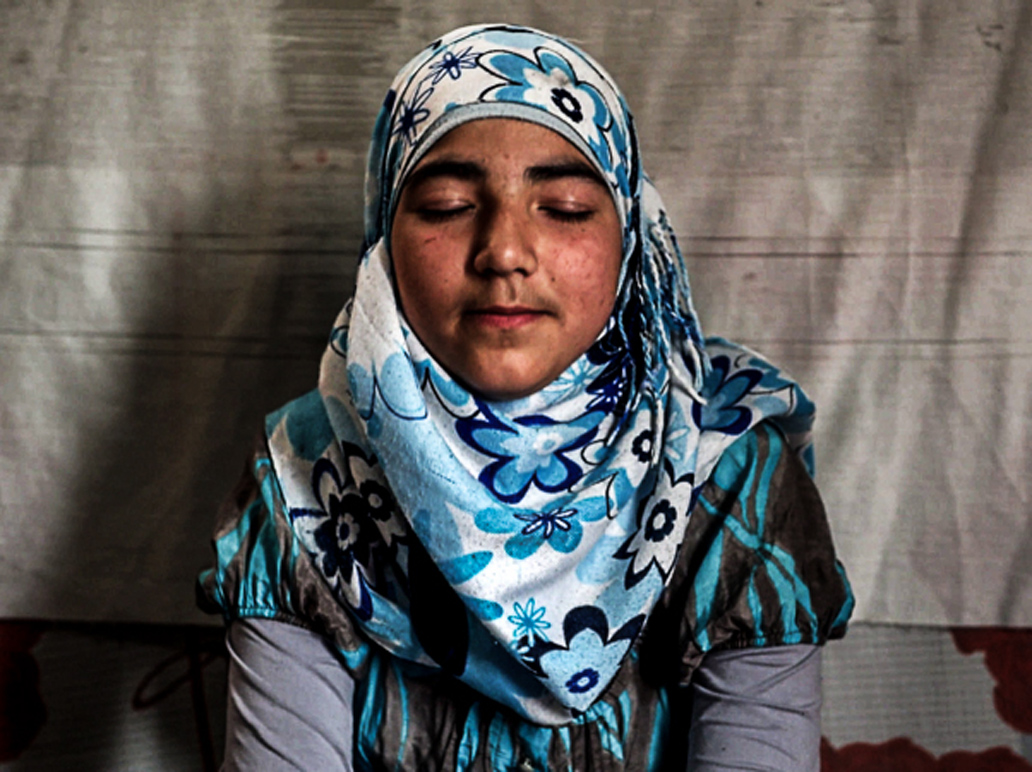
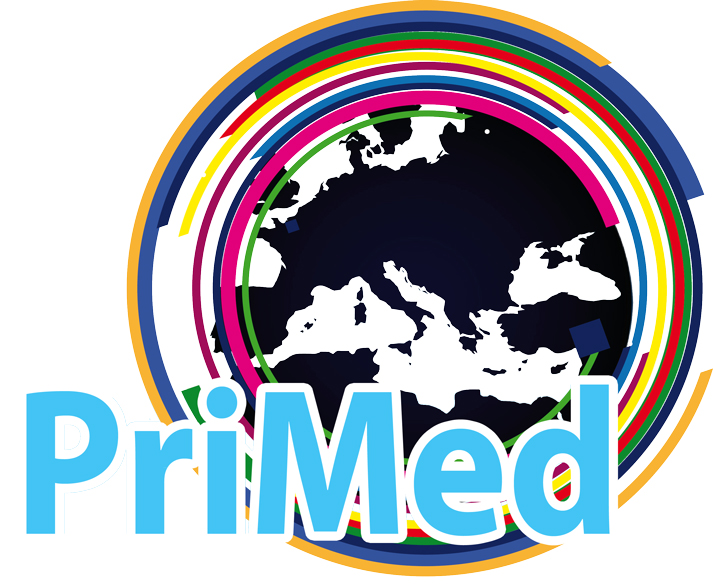
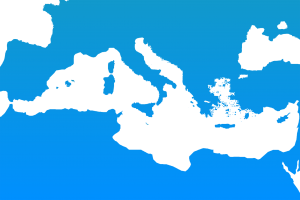 385 films from 40 countries were received by the CMCA, organizer of PriMed, one of the most important mediterranean festivals co-organized with France Télévisions, La Rai and ASBU (Union of Broadcasters of the Arab States).
385 films from 40 countries were received by the CMCA, organizer of PriMed, one of the most important mediterranean festivals co-organized with France Télévisions, La Rai and ASBU (Union of Broadcasters of the Arab States).